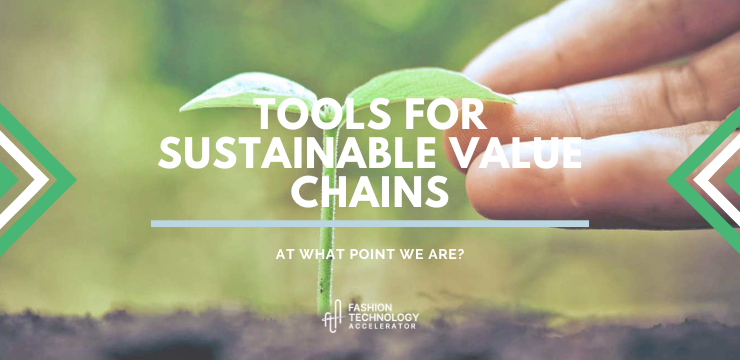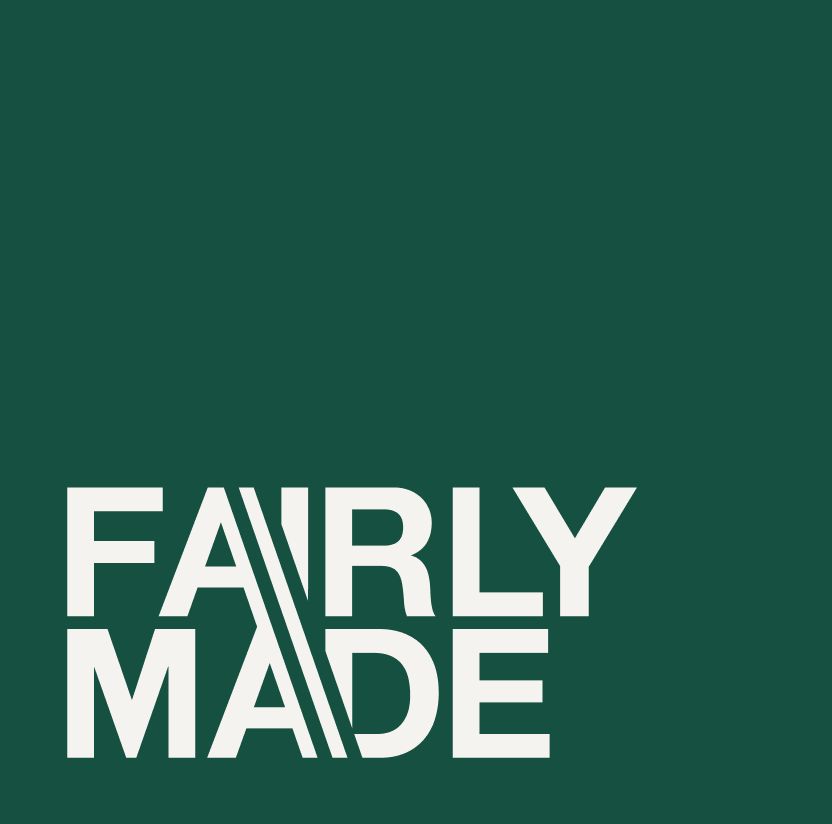
Nowadays, companies and political institutions are trying to develop and adopt tools in order to make public the traceability of the products that are on the market. The most common tools for sustainable value chains are related to Carbon Footprints emissions or Life Cycle Assessments.
It’s recent news that the European Commission has approved the implementation of the Digital Product Passport by 2026. The adoption of this instrument will have an influence on different industries such as fashion, automotive, plastic, and electronic ones.
But what is a Digital Product Passport?
Digital Passports for products are traceability systems that use blockchain technology to provide accurate information on the origin and history of a product. These Digital Passports are designed to help consumers better understand what they are purchasing, providing information on environmental sustainability, quality, safety, and product origin.We have also already focused on this argument also in our previous article about Technology and Sustainability in 2022.
The long-term goal of the EU is to develop a digital passport system for products that can be used in all sectors, ensuring product traceability and safety and enabling consumers to make informed choices. However, many technical and regulatory issues must be addressed before such a system can be fully implemented.

The objectives of the Digital Product Passport are:
The outcomes expected from the Digital Product Passport will be various, such as:
In addition to different pilot projects, the EU is also working to develop common standards and guidelines for Digital Product Passports, to ensure interoperability between different systems and facilitate their widespread adoption.
However, the implementation of Digital Product Passports still faces several challenges, such as ensuring data privacy and security, defining common standards, and ensuring the cooperation and participation of businesses across different sectors. Nevertheless, the EU remains committed to promoting the use of Digital Product Passports as a means to improve product traceability, transparency, and sustainability.
In addition, the entrance of the AGEC law in France in 2020, designed to encourage businesses across various sectors, municipalities, and citizens to eliminate waste, adopt more circular practices and provide more transparent information about products, can give a boost to have the adoption of this model of law in other European countries

As mentioned at the beginning of this dossier, the Digital Product Passport at the moment has only been approved by the European Commission, but it will be implemented only in 2026.
So, how companies can guarantee and make visible the traceability of their products without this tool, and make their products more sustainable?
Here comes Fairly Made!


Fairly Made is a green tech startup created in 2018 to improve the impact of the textile industry.
Its mission is to improve brands’ purchasing practices from an environmental and social perspective, through the analysis of their products and production chains via our tech platform.
The two founders, Camille Le Gal and Laure Betsch, combined their previous professional experience in fashion and their commitment to making the industry more sustainable in order to create Fairly Made and its services.
The Fairly Made® SaaS platform offers a garment evaluation calculated on five criteria: social issues, traceability, environment, recyclability, and sustainability. This 360° vision allows brands to understand the real impact of their collections in order to reduce it.
Fairly Made® allows brands to identify action levers in order to efficiently start an eco-design approach and communicate transparently to consumers.
The steps that the platform follows are the following:
°Measure the environmental impact, recyclability and sustainability of your products using a methodology recognized by AFNOR;
°Evaluate the traceability of your supplier base
°Develop traceable garments with a controlled impact
°Localize 100% of your factories to anticipate production-related risks and prepare for the duty of care
°Innovate with pre-designed product communication supports by Fairly Made
°Communicate your progress to the consumer in a simple way without greenwashing.
To sum up, the support of the Fairly Made team and its solutions can be of great help for companies in the fashion sector that want to be more committed in making this industry more sustainable.
At the same time, while waiting for the official implementation of the Digital Passport Product, identifying the product impacts through the platform provided by Fairly Made can be seen as a first step to being more compliant with future European regulations that will occur for facing and trying to solve environmental issues.